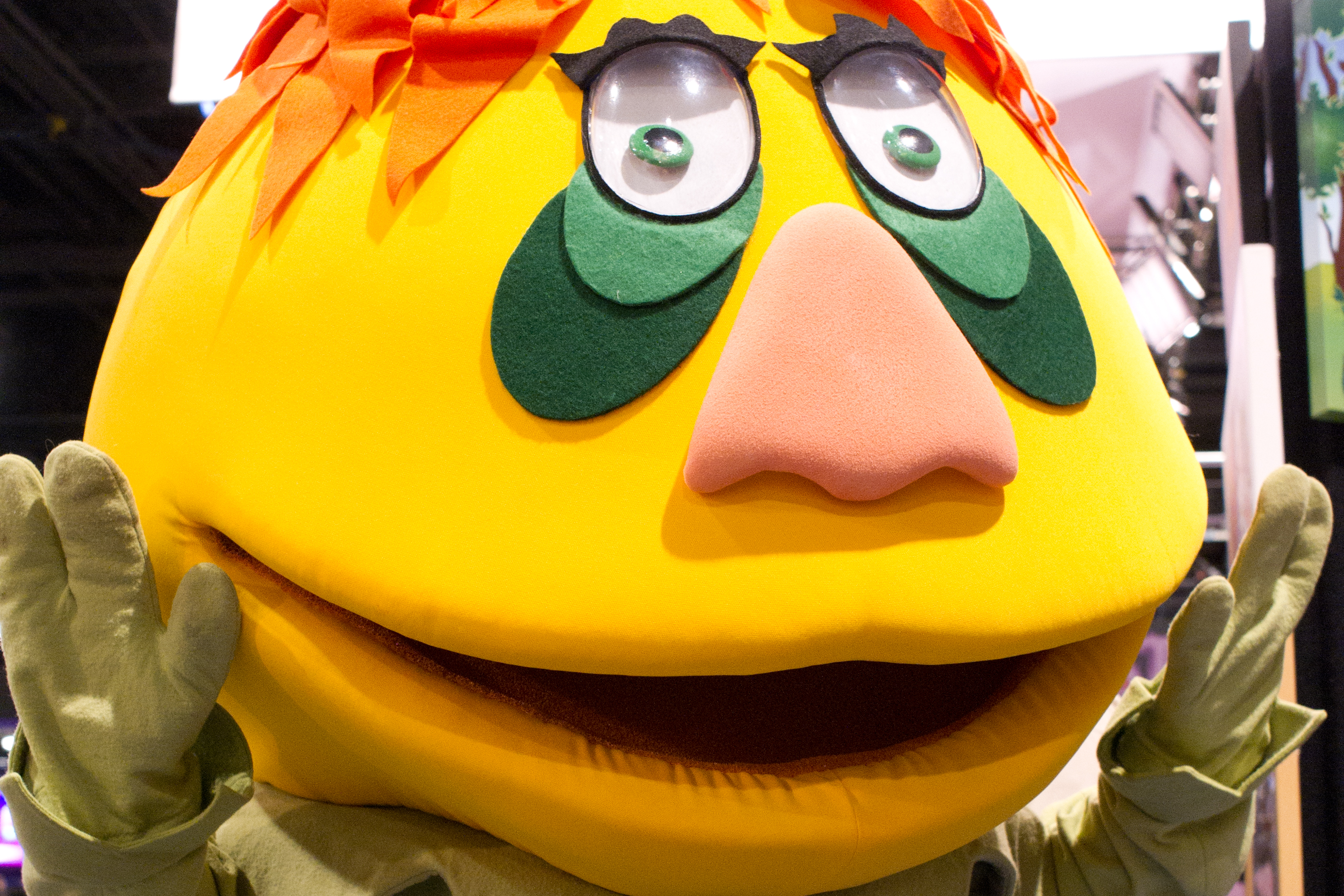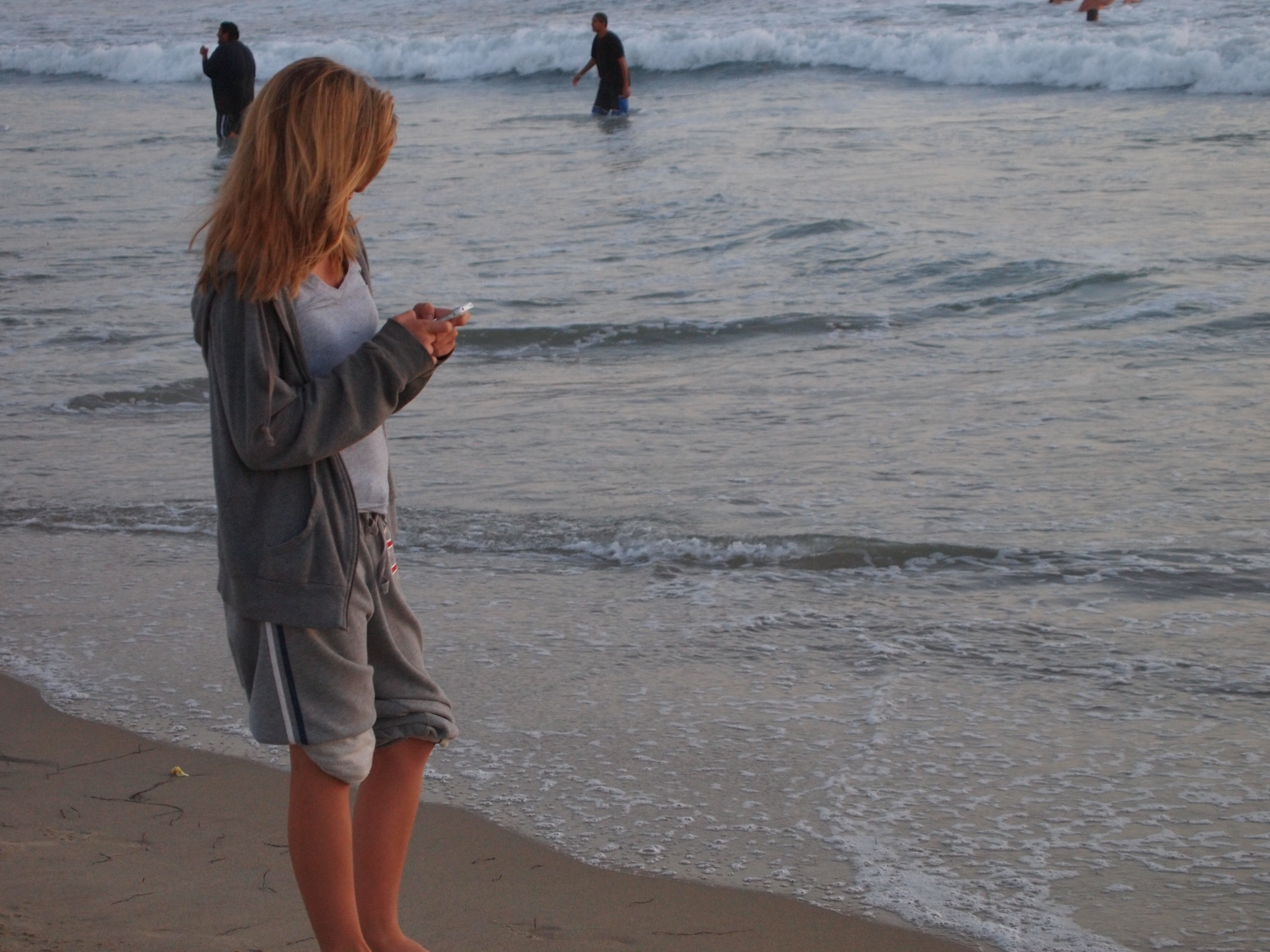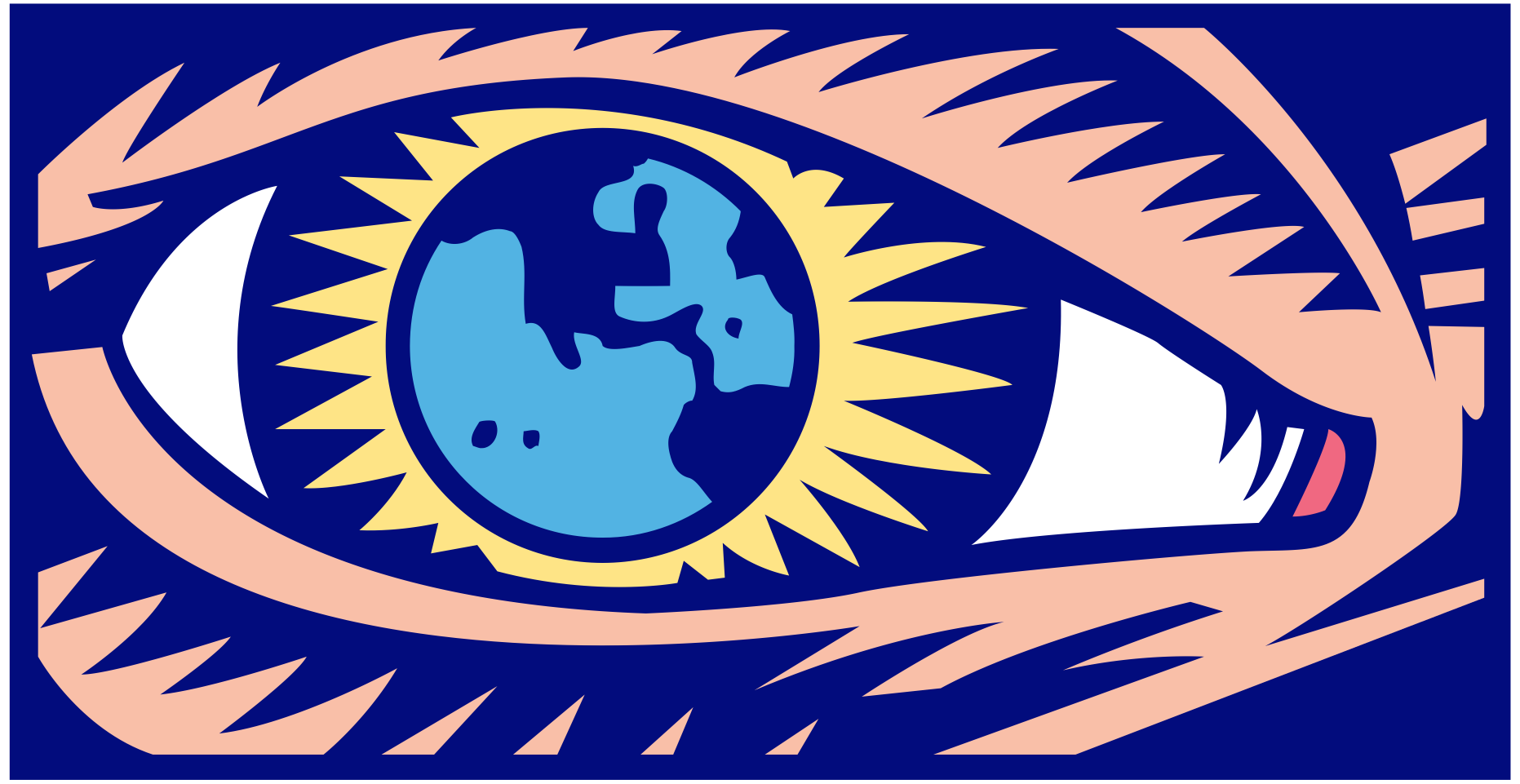I am catching some down time in the Press Room at the San Diego Convention Center. Outside in the hall, Comic-Con rumbles on with a crowd I would estimate to be at least three times the size of Day One. The noise and bustle makes taking good photos or conducting video interviews difficult. So I’m shacked up with my laptop in this quiet place, contemplating what Comic-Con is all about: Role playing.
Many attendees have come here as someone else. For a day, or even a few, they take on another persona. They become someone else—perhaps whom they would rather be, but most certainly not who they are. They can be heroes and even stars, for most anyone well-costumed will be repeatedly stopped for photos. Comic-Con lets them be not just someone else but someone special.








